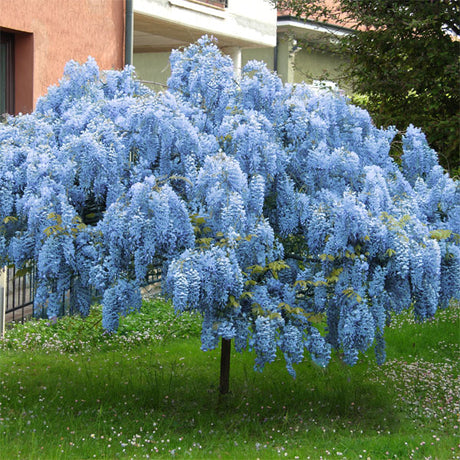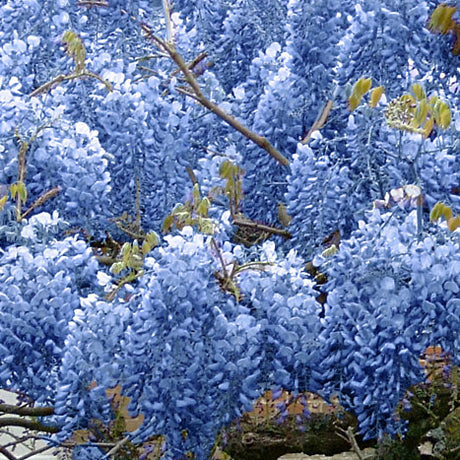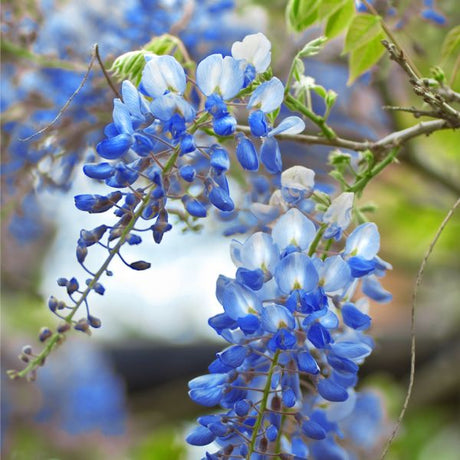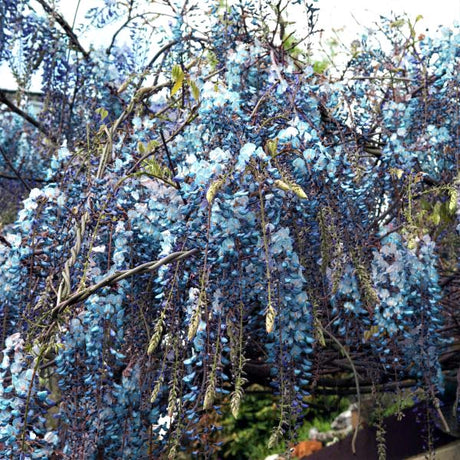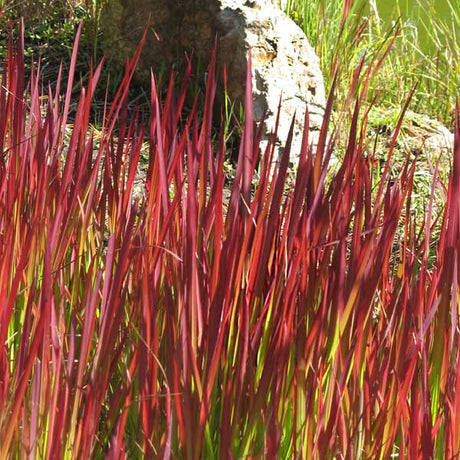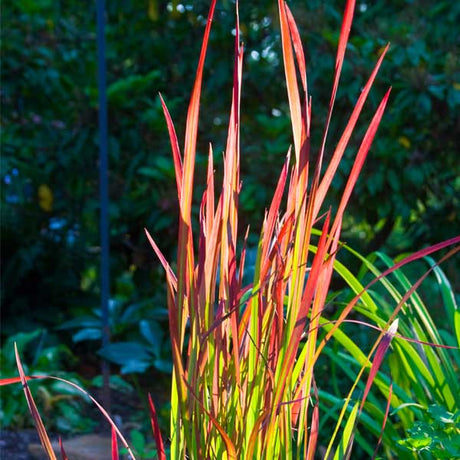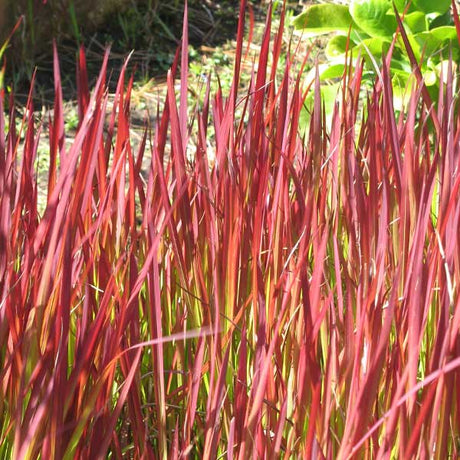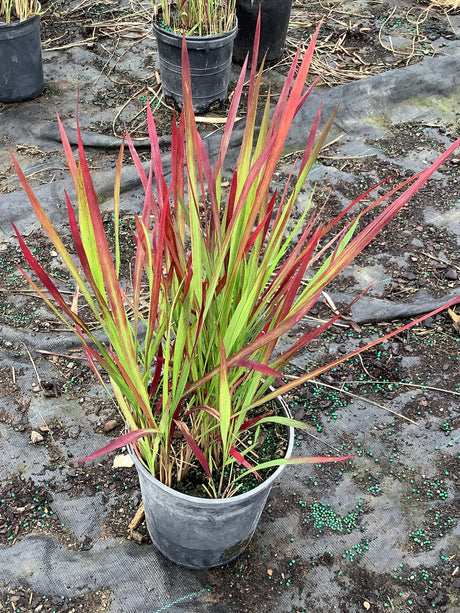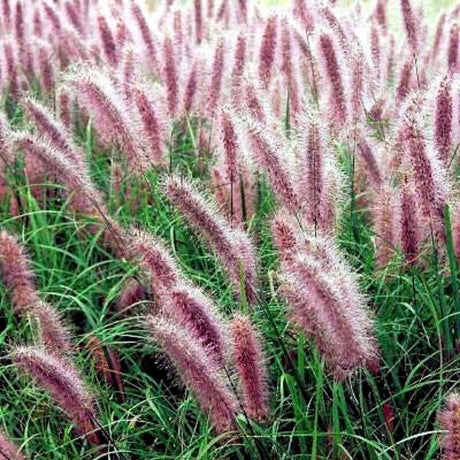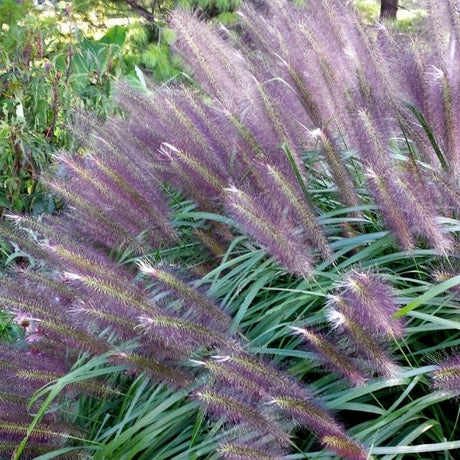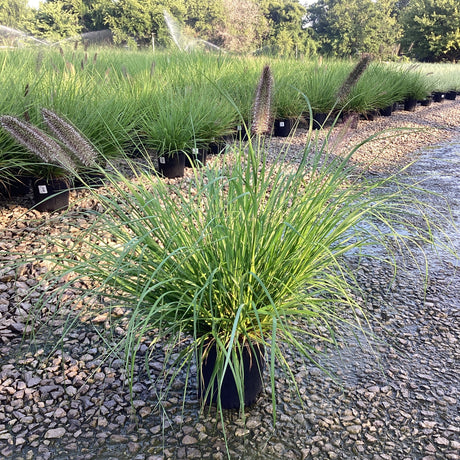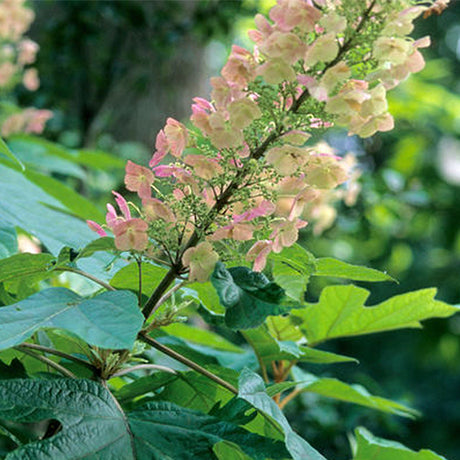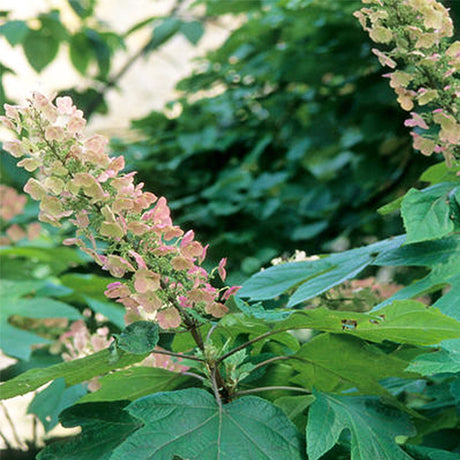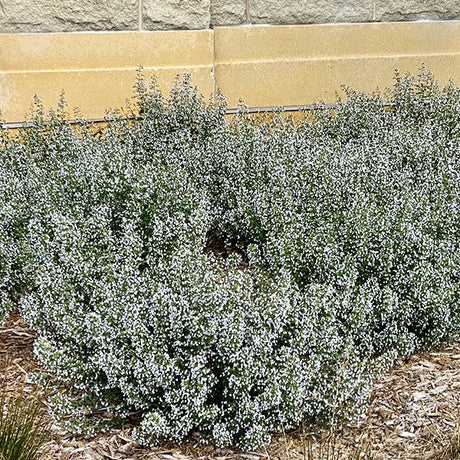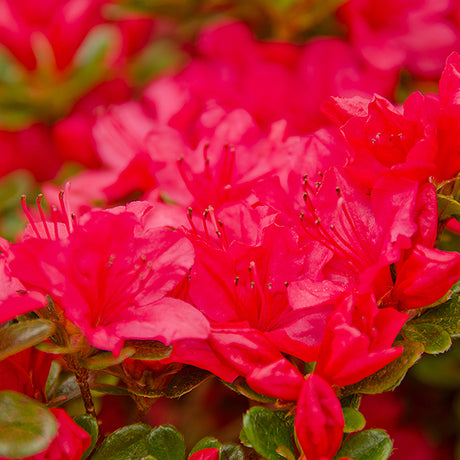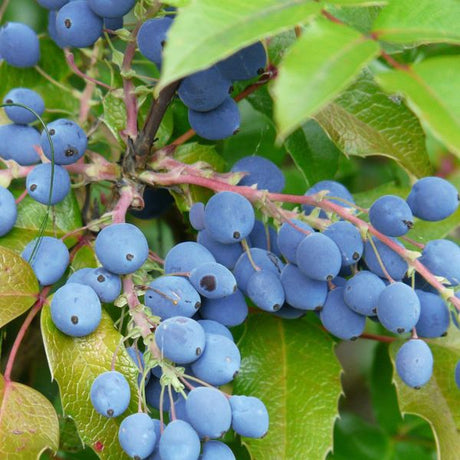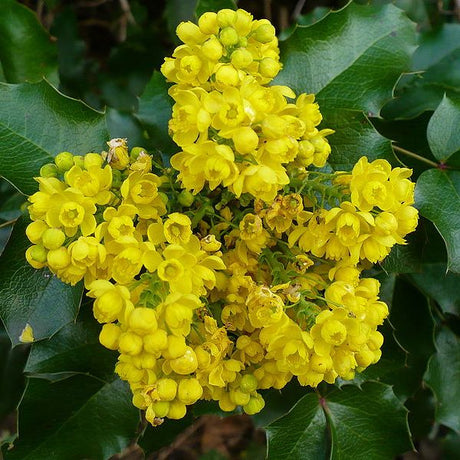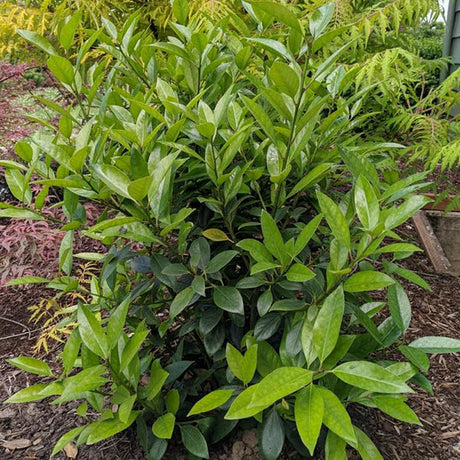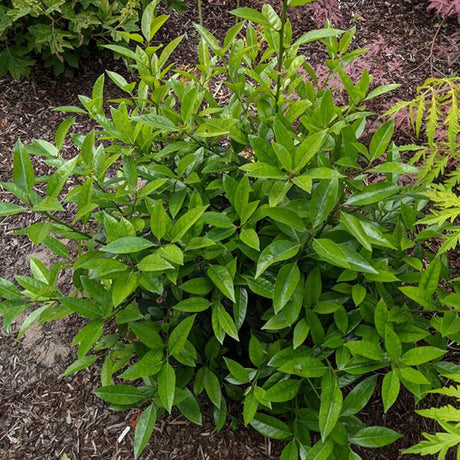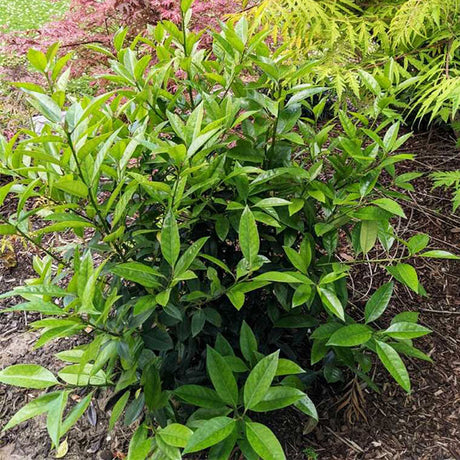
Tucked into the scenic embrace of Central Indiana, the charming town of Zionsville, often dubbed “The Brick Street Village” for its historic brick-paved Main Street, boasts a rich cultural heritage and strong sense of community. Nestled in USDA Hardiness Zone 6a, Zionsville enjoys typical, upper Midwestern warm, humid summers and frosty winters that dip to -10°F, making plant selection critical for success.
With well-drained, loamy soil that supports vigorous root growth, gardens here can flourish when matched with resilient, locally adapted plants. By choosing native species, incorporating colorful ornamentals, and following sound gardening practices, you can create an inviting haven that welcomes pollinators, pleases the eye, and soothes the soul!
Climate, Weather & Soil in Zionsville
- Climate: Humid continental, with four distinct seasons.
- Winters: Cold with occasional snow and deep freezes.
- Summers: Warm to hot, often humid with thunderstorms.
- Soil: Typically loamy with clay underlayers; well-drained but benefits from added organic matter to boost aeration and fertility.
Top 10 Ornamental Plants for Zionsville
Found at NatureHills.com, these showstoppers thrive in Central Indiana's landscape:
-
Limelight Hydrangea: Huge lime-green blooms that age to blush pink, deer-resistant, long-lasting summer color.
-
Royal Star Magnolia: Fragrant, early-spring white blooms, featuring a compact and elegant rounded habit.
-
Korean Spice Viburnum: Spicy-sweet scented flowers, stunning fall foliage, and bird-friendly berries.
-
Red Drift® Groundcover Rose: Groundcover-style Rose with repeat blooms and disease resistance.
-
Autumn Brilliance Serviceberry: Multi-season interest with spring flowers, edible berries, and fall color.
-
Dwarf Alberta Spruce: Slow-growing evergreen with a formal pyramidal physique, ideal for entryways, low hedges, and both formal and Zen gardens!
-
First Editions® Vanilla Strawberry™ Hydrangea Tree Form: Tree-form Panicle Hydrangea with blooms that transition from white to pink in late summer.
-
Karl Foerster Feather Reed Grass: Architectural vertical accent with golden seedheads.
-
Stella D'Oro Daylily: Compact, golden-yellow repeat-bloomer, drought-tolerant and easy-care.
- Walker's Low Catmint: Silvery foliage and long-blooming purple flowers loved by pollinators.
Native Plants of Zionsville: Naturally Beautiful, Inherently Resilient

Indiana's native plants are the quiet heroes of any Central Indiana garden. Perfectly adapted to Zionsville's shifting seasons, these local flora thrive in the region's climate and soils with minimal fuss.
From flowering trees that announce spring's arrival to hardy shrubs and perennials that invite pollinators all season long, native species offer more than just charm, they support local ecosystems, reduce water use, and create a sense of place that connects your yard to the natural rhythms of the Hoosier State.
By planting native trees, shrubs, perennials, and fruiting plants, you'll craft a garden that's not only stunning but also sustainable, beautifully blending utility with ecological harmony.
Native Trees of Zionsville, Indiana
- Sugar Maple (Acer saccharum): Indiana's State Tree, revered for its fiery fall foliage and sweet sap. It has deeply lobed leaves, strong upright branches, and a wide, spreading crown.
- Northern Red Oak (Quercus rubra): Majestic and long-lived, this tree supports hundreds of wildlife species, offers fast growth, and displays rich russet leaves in autumn.
- Eastern Redbud (Cercis canadensis): Heart-shaped leaves and magenta-pink spring blooms adorn this graceful understory tree.
- Hackberry Tree (Celtis occidentalis): Tough and adaptable with corky bark and small edible berries that support birds.
- Canadian Hemlock (Tsuga canadensis): Provides soft, unique evergreen structure and adaptability.
Native Shrubs of Central Indiana
- Spice Bush (Lindera benzoin): Aromatic leaves and stems, yellow spring flowers, and red fall berries. Attracts Spicebush Swallowtail butterflies.
- New Jersey Tea (Ceanothus americanus): Low-growing and drought-tolerant with white summer blooms. Revolutionary War soldiers used its leaves as a tea substitute.
- Ninebark (Physocarpus opulifolius): Arching stems with exfoliating bark and fluffy blooms. A great shrub for hedging and erosion control.
- Smooth Hydrangea (Hydrangea arborescens): Native shrubs with big mophead blooms in white with a preference for sun and partial shade.
Native Perennials For Pollinator Paradise
- Black-Eyed Susan (Rudbeckia hirta): Golden-yellow petals with dark centers. It attracts bees and butterflies for summer nectar and pollen.
- Purple Coneflower (Echinacea purpurea): Medicinal roots, spiny seed heads for winter birds, and a favorite purple summer pollinator magnet!
- Butterfly Weed (Asclepias tuberosa): Vivid orange blooms that support Monarch butterflies and thrive in dry soils.
- Wild Bergamot (Monarda fistulosa): Lavender blooms with a minty scent, known for herbal teas and bee-attracting flowers.
Native Fruiting Trees For Edible Beauty
- Native American Plum (Prunus americana): Fragrant spring flowers, tart edible fruit for jams, and a wildlife food source.
- American Persimmon (Diospyros virginiana): Tall tree with drooping branches and sweet fall fruit after frost.
- Serviceberry (Amelanchier alnifolia) – A multi-season native shrub/tree with fragrant white blooms, edible berries, and brilliant orange-red fall color.
Native Fruiting Bushes & Vines
- Black Raspberry (Rubus occidentalis): Thorny stems with sweet summer berries, perfect for pies and preserves.
- Elderberry (Sambucus canadensis): Lacy white flowers and antioxidant-rich berries are used in syrups and wines.
- Grapevine (Vitis spp.): Hardy native vines like River Grapes, Concord, and Fox Grapes have edible fruit and are great for arbors or trellises in an edible landscape.
Garden Tips & Tricks For Zionsville Success
-
Soil Prep: Work in compost or leaf mold to improve clay-heavy soils.
-
Arborist Mulch: Add arborist mulch to conserve moisture and suppress weeds.
-
Watering: Use the Finger Test to avoid overwatering new plants during their first growing season.
-
Deadheading: Deadhead to keep blooms coming all summer long and discourage volunteer seedlings next year.
-
Pest Control: Embrace Integrated Pest Management (IPM) to reduce chemical use.
-
Design: Combine tall trees, mid-height shrubs, and ground-level blooms for a layered, eye-catching landscape. Consider adding a Rock Garden for tricky spots or slopes.
- Learning the local frost dates is crucial for planning plantings, ensuring that delicate plants are safeguarded from late spring frosts.
- Check with your local County Extension Office for more in-depth information.
Planting Your Way To Paradise In Zionsville
Whether you're building a pollinator's playground or an ornamental showcase, Central Indiana's seasons offer fertile ground for creativity. By leaning into native flora, resilient ornamentals, and time-tested care practices, your Zionsville garden will shine year-round, through snow, sun, and summer heat.
Take a stroll down Zionsville's historic brick Main Street for a little inspiration, many local homes and storefronts proudly showcase native blooms and classic Indiana trees. Just like the town itself, your garden can blend heritage with modern charm, offering a peaceful escape and a lively habitat all in one.
May your hands be dirty, your flowers fragrant, and your corner of the world a little greener!
Happy Planting!


